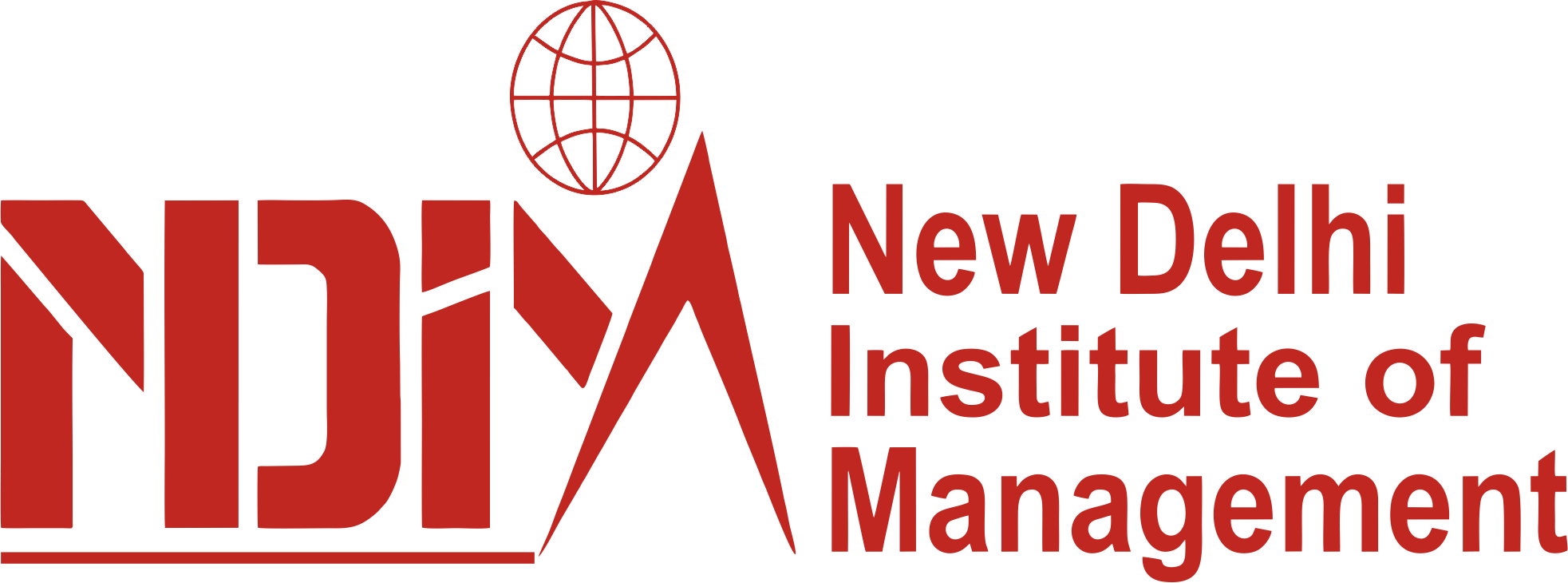Big data and data analytics have become buzzwords in today’s business landscape. Every organization, irrespective of its size and niche, generates tons of data that, if used correctly, can change the trajectory of its business journey. That’s why most businesses employ data analytics tools and professionals to make better decisions that help them perform efficiently and competently.
The future of business analytics is quite promising in India, making it one of the most preferred career options.
If you are considering pursuing a PGDM in Business Analytics, the same can lead to better opportunities and salary packages. The career options after PGDM in business analytics are diverse and wide-ranging. Therefore, it’s better to start by finding the Top PGDM Colleges in Delhi and explore the advantages of pursuing this course.
Career Options After A PGDM In Business Analytics
Data Analyst
A data analyst, sometimes called a data scientist, is responsible for employing scientific, technological, and mathematical approaches to devise a technique that simplifies gathering and organizing data to extract useful information. Data analysts are in great demand by organizations that want to make the most out of their data.
Business Analyst
The role of a business analyst is to analyze every area of a company in great detail. They must know about the company and its operations to analyze every aspect and provide insights on improving the overall processes to boost productivity, efficiency, and growth. As the role demands proficiency in all aspects of a business, they are mostly hired by large firms.
Information Technology Analyst
The role of an IT analyst is to manage an organization’s IT infrastructure and maintain its efficiency and performance. They are also responsible for upgrading the existing systems or creating a whole new one from scratch, if required, to ensure its seamless working.
Analyst for Market Research
A market research analyst’s work, as the name says, is to understand the market in which the organization operates. They must learn everything about the market, competitors, trends, and clients. The analyst must collect all the required data and organize it precisely to deliver valuable insights to executives. The insights shared will help the executives plan strategies to help the organization grow and stay abreast of the competition.
Healthcare Analyst
The healthcare industry also generates large amounts of data that requires healthcare analysts to consolidate and interpret it. The job is to gather, consolidate, break the bog data silos, and extract useful insights. The information extracted is used to improve patient care. Healthcare analysts help improve the healthcare facilities in an economy and bettering the overall health of people. The scope of the job role is increasing with increasing emphasis on healthcare facilities.
Quantitative Analyst
A quantitative analyst is responsible for collecting, accumulating, and analyzing data using statistical and mathematical approaches. They majorly work on an organization’s financial and risk management aspects. They interpret that data to fetch useful information and provide it to businesses and financial professionals for further planning and strategizing.
Technology Analyst
A technology analyst’s job is to thoroughly examine an organization’s operational technology and make the required improvements to ensure its efficiency. They are supposed to perform all the technical upgrades or do everything from scratch to improve the operational technology. The role requires exceptional technical knowledge. As more and more companies are taking a technological approach to their operations, the demand for technology analysts is increasing in the market.
Computer Systems Analyst
As the name says, a computer system analyst is responsible for examining all the computer systems in an organization. They must possess knowledge of hardware and software and keep themselves updated with what’s new coming in the market. The analyst should ensure that all the computer systems are working properly, allowing the employees to deliver their best performance. Their job is also to improve existing systems or build new ones. They bridge the gap between the IT and business sides of an organization.
Project Manager
The role of a project manager is to oversee every project from start to end. They are either chosen to work on a specific project in a corporation or hired to oversee all the projects. They are responsible for analyzing the task at hand, finding insights, and delegating tasks to the team as required. Additionally, they are required to supervise and ensure that the team is motivated enough to work well and deliver the project on time.
Predictive Modeler
You must have heard a little about this career prospect. Although you must have come across the term “Predictive Model.” These models are computer programs that make assumptions based on the data received or gathered. The people who create these models are known as Predictive Modelers. This is one of the rising and promising professions that can offer a good salary package.
Statistician
The role of a statistician is to gather data using scientific, mathematical, and technical methodologies. After that, they are supposed to organize the acquired data in an understandable manner using graphs, charts, and presentations. The representation provides a clear picture of the organization related to the market, competitors, strategies, etc., and allows them to make changes to ensure growth and success. Statisticians are employed by both the public and private sectors. The salary package varies based on whether they work for the government or the private sector.
Data Architect
A data architect is responsible for maintaining and improving an organization’s data infrastructure. They design, create, and manage the full data architecture and decide how data will be extracted, kept, organized, and operated within an organizational framework. They are required to create a balance of creativity and technical understanding. In the world of “big data,” the demand for data architects is constantly growing.
Analytics Manager
Analytics managers handle an organization’s analytics operation. They are responsible for creating design strategies and ensuring proper implementation to achieve effective data reporting, gathering, and analysis. They also evaluate analytics solutions regularly to improve or replace the systems.
Business Data Analyst
A data analyst collects and analyzes data using a variety of approaches. They also establish data collection methods and parameters for arranging and quantifying the gathered data. After studying the data thoroughly, they provide informative findings and recommendations to help the organization improve its business and revenues.
Wrapping Up
In this article, we learned about the different career options after PGDM in business analytics. Students considering post-graduation can make an informed decision about pursuing a data-focused degree with all these details.
At NDIM Delhi, one of the top PGDM Colleges in Delhi, students can find an excellent mix of flexible and interactive learning courses in business analytics that can help them start their professional life hassle-free. To know more, visit us at https://www.ndimdelhi.org/.
Business Analytics involves using data, statistical methods, and technologies to analyze business operations and make data-driven decisions. It’s important because it helps organizations improve efficiency, gain insights, and make better decisions that lead to growth and competitiveness.
A PGDM in Business Analytics opens up diverse career paths and offers competitive salary packages. It equips students with the skills to handle big data and provides analytical insights, making them valuable assets for organizations aiming to leverage data for better decision-making.
Graduates can pursue various roles such as Data Analyst, Business Analyst, IT Analyst, Market Research Analyst, Healthcare Analyst, Quantitative Analyst, Technology Analyst, Computer Systems Analyst, Project Manager, Predictive Modeler, Statistician, Data Architect, Analytics Manager, and Business Data Analyst.
A successful Data Analyst should possess strong analytical skills, a good grasp of statistical and mathematical methods, proficiency in data management and visualization tools, and the ability to interpret and present data insights effectively.
A Business Analyst focuses on understanding and improving a company’s processes, operations, and strategy, using data to provide actionable business insights. In contrast, a Data Analyst primarily analyzes data to extract meaningful patterns and insights but may not necessarily focus on business operations.
A Data Architect designs, creates, and manages an organization’s data infrastructure. Their role is crucial because they ensure data is collected, stored, and accessed efficiently, which is essential for supporting analytics and decision-making.
Predictive Modelers develop computer models that make predictions based on historical data. These models help organizations forecast trends, behaviors, and outcomes, allowing them to make proactive decisions.
NDIM Delhi offers flexible and interactive learning courses in business analytics, which cover practical skills and theoretical knowledge needed in the industry. This prepares students for various roles in data analytics and ensures they’re ready to enter the workforce.
A Technology Analyst focuses on optimizing an organization’s operational technology, whereas a Computer Systems Analyst ensures that computer systems (hardware and software) work efficiently and effectively within an organization.
A Healthcare Analyst collects, consolidates, and interprets data to improve patient care and healthcare services. This role is increasingly important as healthcare organizations aim to leverage data to enhance patient outcomes and operational efficiency.


